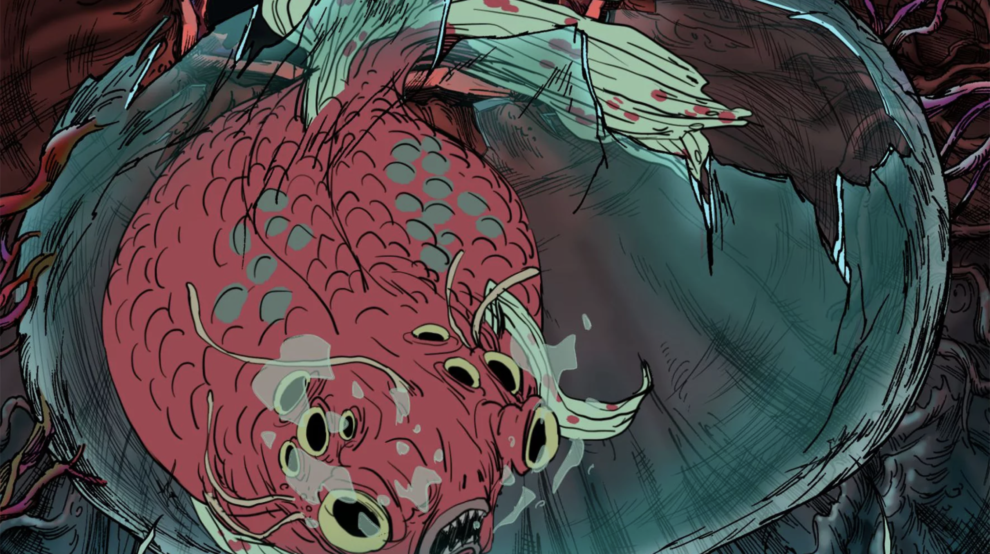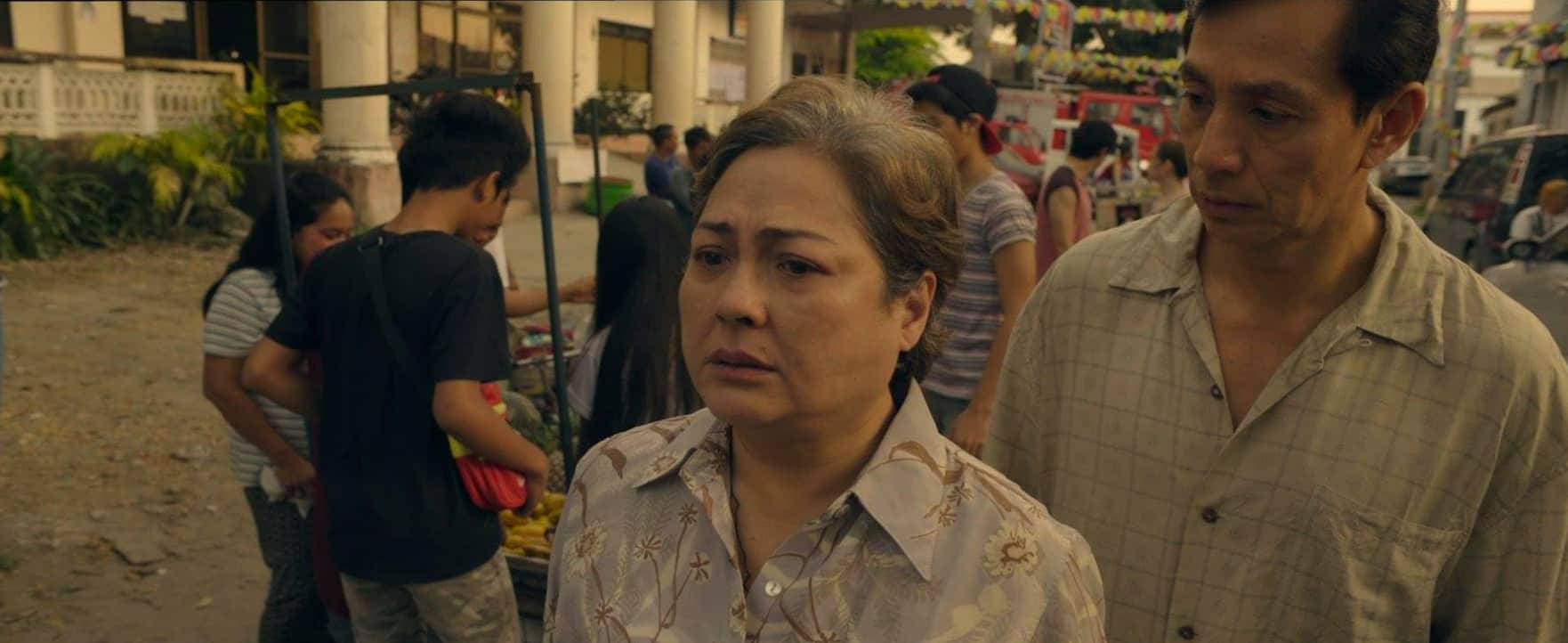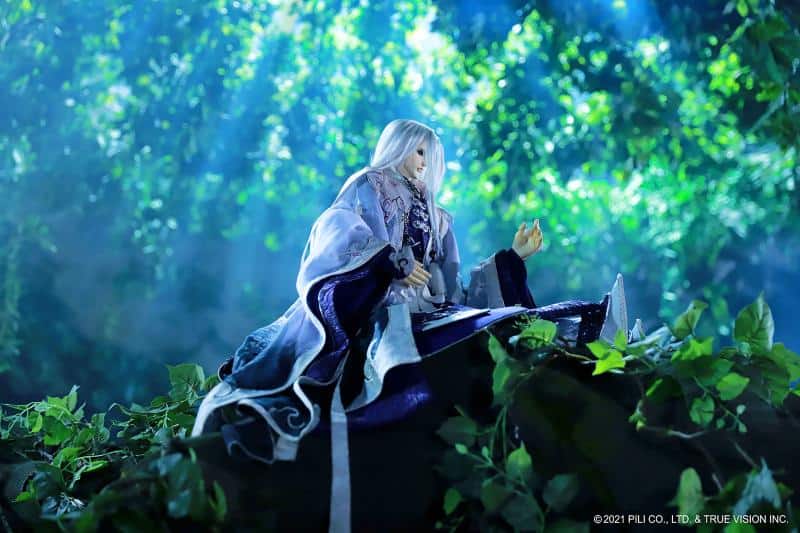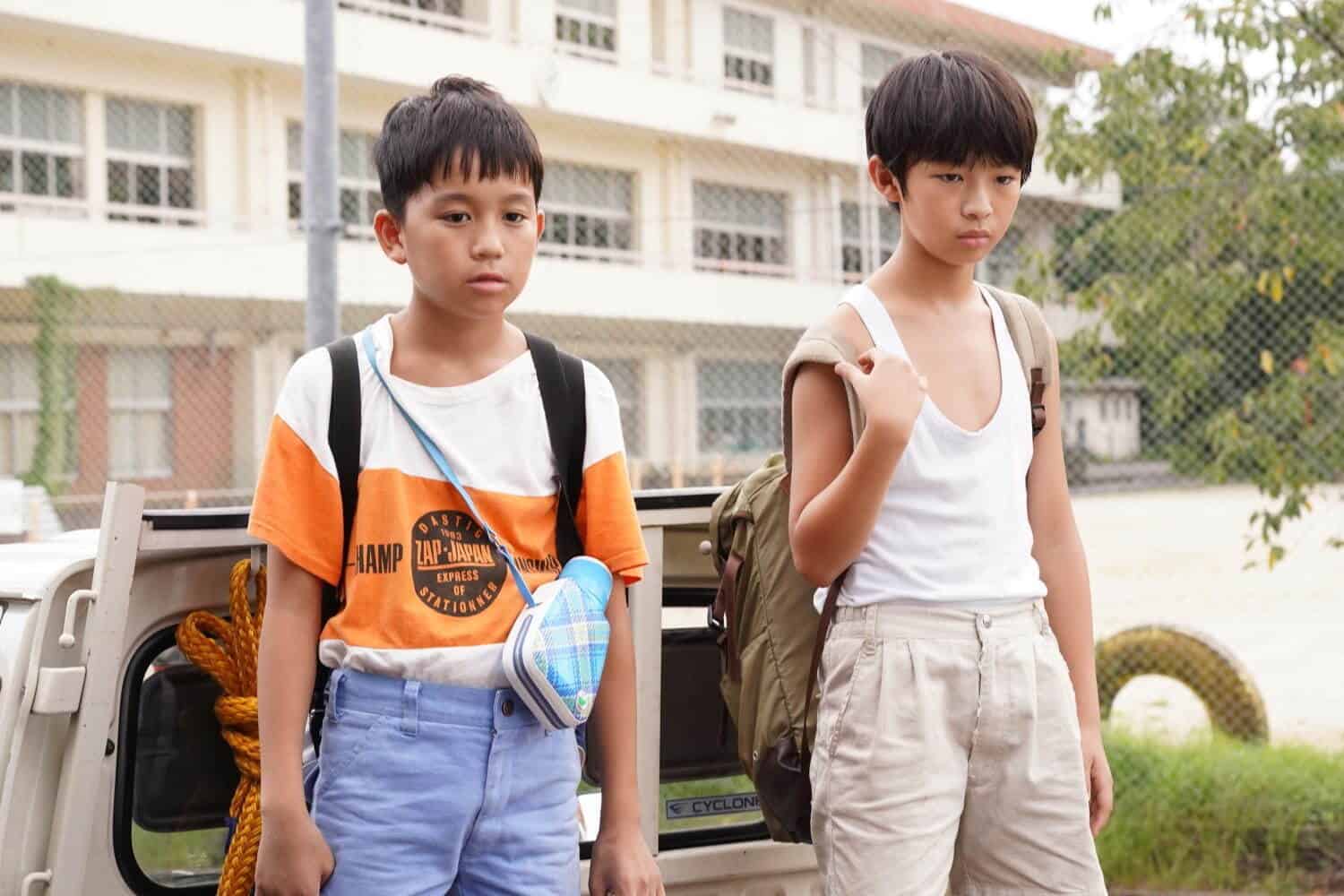Some films are intriguing from the first shot. They draw the audience in, not necessarily with pretty pictures, but with a message that matters, and a visual storytelling style that stands out. This is definitely the case for “KimHi” by longtime animator Fish Wang, (Taiwan,1971). This film about goldfish, abuse of power and the pursuit of dreams combines a personal graphic style with a strong narrative set in a magical but dark world. It won the Best short animation award at the 2019 Taipei Golden Horse Film Festival.
“Path Of Destiny” is screening at Taiwan Film Festival UK
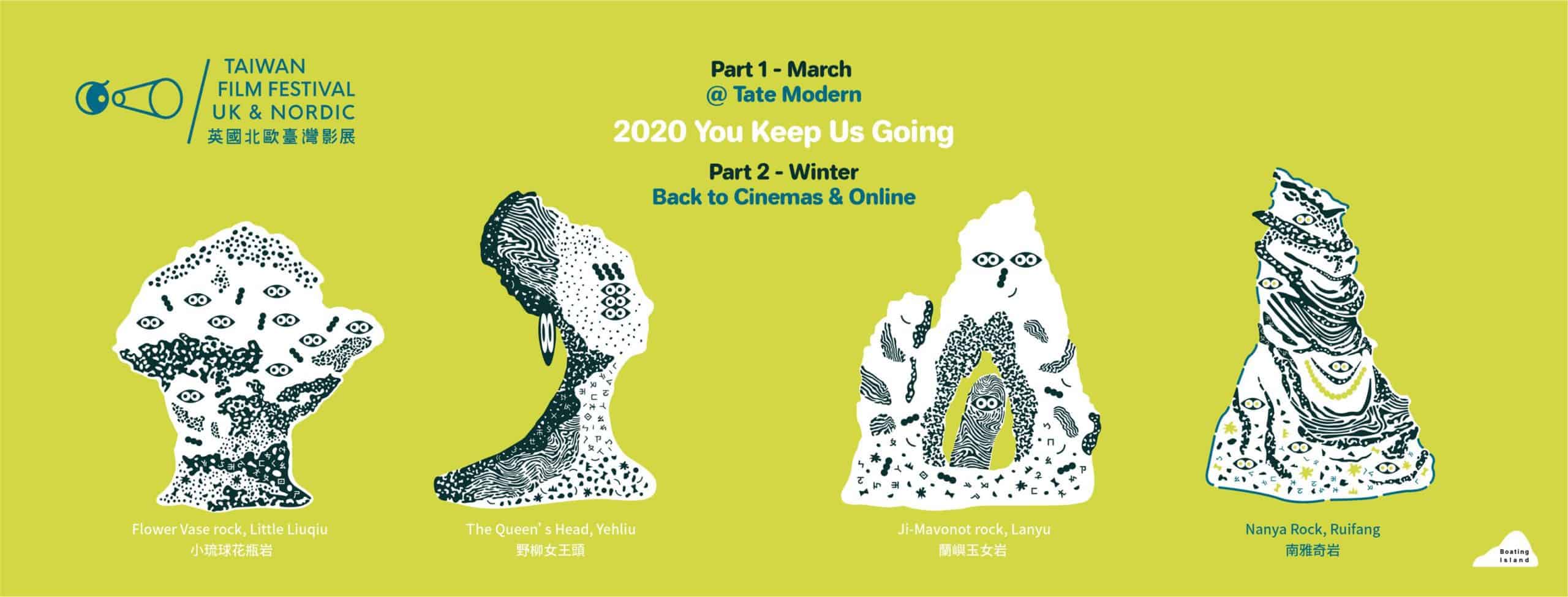
In “KimHi” a small boy tries to outsmart the police and those in power. He has found out that he can change into objects, an ability that makes him invisible and keeps him out of harm's way. On top of that he has realized that all dreams are captured and fed to the leader of his world. To keep his own dreams alive, he stays awake at night, while others' dreams get harvested until they have no will of their own left. When he realizes there is more to his leader than meets the eye, he sets out to investigate. It turns out the leader is just a shell for a power-hungry goldfish. The boy will try to liberate the people but fails and one oppressive leader is merely replaced by another.
Making the leader of this world a goldfish in disguise is a rather sarcastic twist of symbolism. Not only is the goldfish in Asia regarded as a symbol of abundance, in many cultures this creature is also associated with the granting of wishes and making dreams come true. Quite the opposite from what is happening in “KimHi”.
Those in power should take care of the weaker ones in society and not feed off them. Here this happens both in the literal and the metaphorical sense of this word applied by Fish Wang to criticize totalitarian regimes. Not only do they take away the possibilities of the individual to make his dreams come true, but there are other references to oppression as well. When the boy realizes he is not growing and that everyone else stays the same height as well, that can be seen as a reference to people being stuck in their social and financial situation. Their fates are predestinated and there is no escape. Also, the repression of people dreaming “not-acceptable” dreams about eating fish symbolizes the suppression of freedom of speech and persecution of those whose thoughts and ideas deviate from the norm.
Sound and music build up, both in intensity of use and volume. The music is primarily used to underline dangerous and important events. Them moving to the foreground contrasts with the narrator's position in the film that diminishes throughout. However, this makes sense when looking at its function. The main character is also the narrator of this film. He introduces the viewer to the weird world he lives in and helps us to understand more easily what is happening. He's not only explaining, but by breaking down the fourth wall, for instance by telling the viewer to remain silent, he also draws them into his world. As if to say that the events are not just happening in a strange place, but in the viewer's as well. When he has achieved that, there is no more need for narration.
The graphical style of “KimHi” is typical for his work: it is raw and dynamic. Fish Wang doesn't just use lines to outline his characters, but also for shading and indicating things as folds in fabric or creases in the skin. This technique not only gives his characters more depth and tangibility, but it also helps to stay clear from the cartoony style often associated with animation. His application of lines in the characters and backgrounds is reminiscent of comic books such as Marvel, but Fish Wang combines this with a very distinct graphic style. This connection to comics however doesn't come as a big surprise when taking into account Wang's background. For twenty years, he's not only been working as an animator but also as a comic book artist. He has also been involved with the creation and promotion of Taiwan Comix, an independent compilation of comic works in Taiwan.


